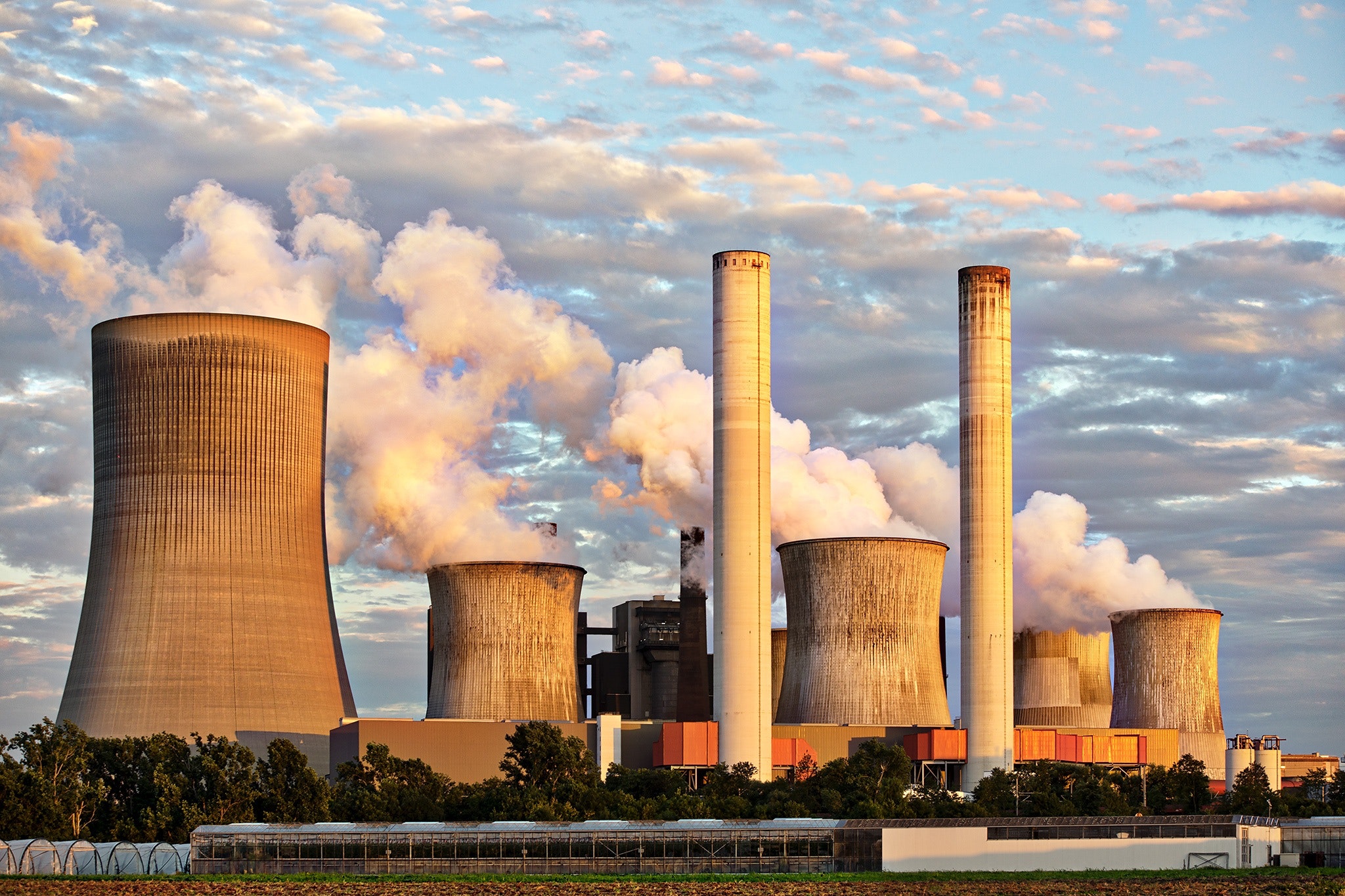South Korea vows more policy support, including for drugmakers, as US tariffs weigh
New measures will be prepared to support South Korea's biopharmaceutical companies, as soon as details of Trump's tariffs on the sector become available, the government said. Earlier this month, Trump signed an executive order aimed at reducing the time it takes to approve pharmaceutical plants in the country.

South Korea pledged on Wednesday more support measures for key export industries such as biopharmaceuticals and autos, as U.S. President Donald Trump's sweeping tariffs weigh on the trade-reliant economy. Since Trump slapped tariffs on various products and announced 25% duties on South Korea, Seoul has prepared support packages for its auto and chip sectors, as well as for small and medium-sized exporters.
"The government plans to prepare in advance for item-specific tariffs, such as pharmaceutical products and semiconductors, and strengthen support for 'U-turn' investments," Acting Finance Minister Kim Beom-seok said. New measures will be prepared to support South Korea's biopharmaceutical companies, as soon as details of Trump's tariffs on the sector become available, the government said.
Earlier this month, Trump signed an executive order aimed at reducing the time it takes to approve pharmaceutical plants in the country. The move is part of new regulations to encourage domestic manufacturing, coming after Trump launched probes into pharmaceutical imports in order to put tariffs on the sector. South Korea's exports of pharmaceutical products, one of the country's key strategic sectors, stood at $9.59 billion in 2024, accounting for just 1.4% of its total exports. Still, 16% of the exports were shipped to the United States, the biggest market.
Seo Jung-jin, chairman of South Korean drugmaker Celltrion , said last week it was postponing a decision regarding U.S. contract-manufacturing operations by six months, though he expected the impact of new U.S. policies to be limited due to its price competitiveness. "It is still unclear whether entering the U.S. is the right answer," Seo said, citing high costs in the country, where the drugmaker earns nearly 30% of its total revenue.
Meanwhile, U.S. Food and Drug Administration officials are visiting Samsung Biologics' production facilities in Incheon, South Korea, on May 19-27 for an inspection, the Yonhap News Agency reported. It was not clear whether the inspection was related to new U.S. policies. Shares of Samsung Biologics rose more than 5% in early trade on Wednesday, leading the benchmark KOSPI's 1.1% rise in early trade, while Celltrion stock rose 0.5%.
The government said on Wednesday it would also prepare additional support measures, if necessary, to complement packages announced last month to help other sectors, such as automakers. Authorities have already prepared 28.6 trillion won ($20.6 billion) worth of measures to help prevent liquidity issues and expand export markets, as well as to subsidise reshoring moves by companies operating overseas.
South Korea faces a July 8 deadline before the bulk of U.S. tariffs are due to start after a 90-day pause. After a second round of ministerial-level trade talks last week, Seoul is holding working-level technical discussions with Washington this week, as it seeks exemptions on all tariffs by crafting a trade package by early July.
South Korea's Minister of Trade and Industry Ahn Duk-geun said on Friday Seoul would try to reach a deal on tariffs by the July deadline, but warned the target could be missed due to domestic politics. The country holds a snap presidential election on June 3 after months of political turmoil. On Wednesday, Minister for Trade Cheong In-kyo said in a separate meeting that exports to the U.S. and China were expected to fall in May due to Trump's tariff measures.
During the first 20 days of this month, South Korea's exports fell 2.4%, as U.S.-bound shipments dropped 14.6%, dragged down by autos, auto parts and steel products, data showed on Wednesday. The drop comes after exports unexpectedly rose in April on strong demand for semiconductors. ($1=1,389.4800 won)
(This story has not been edited by Devdiscourse staff and is auto-generated from a syndicated feed.)
ALSO READ
A$AP Rocky Shines Alongside Denzel Washington in Spike Lee's 'Highest 2 Lowest'
Controversy Erupts at University of Washington Over Pro-Palestinian Protest
Washington to Roll Out Trade Deals Amid China Talks
Ethics Showdown: The Battle for Legal Integrity in Washington, D.C.
Hostage Negotiations Heat Up: Washington's Bold Moves in Middle Eastern Diplomacy










